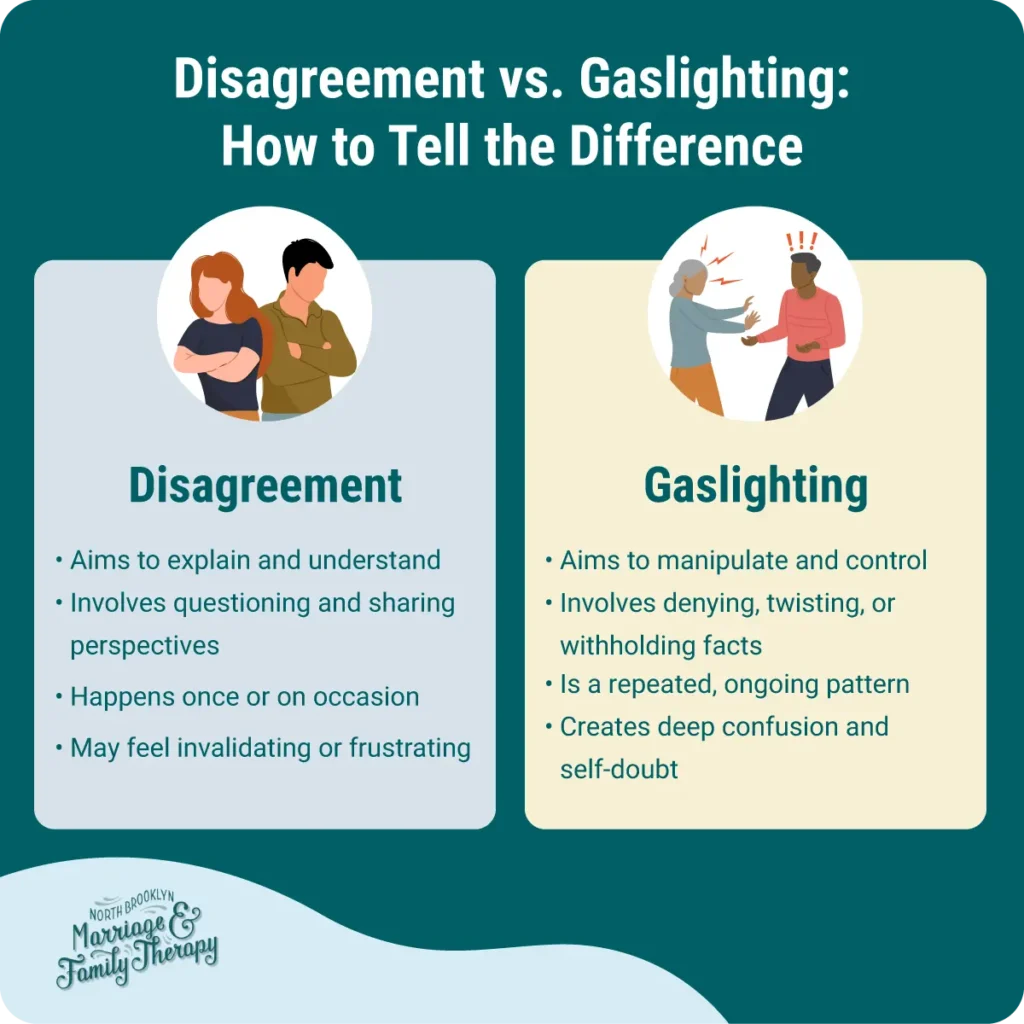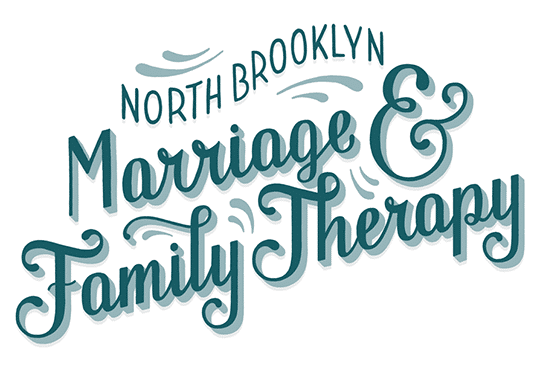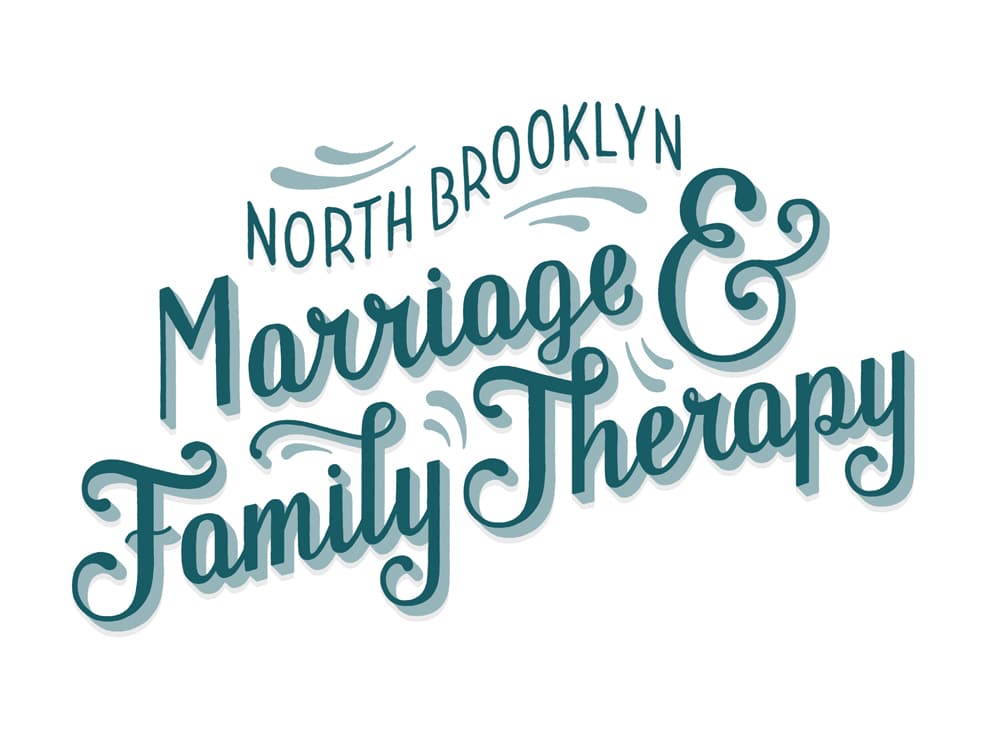You’ve probably heard the term “gaslighting” thrown around a lot lately. Maybe in a tweet, a celebrity breakup story, or even a casual conversation with friends. But what does it actually mean? And more importantly, are we using it correctly?
This post is part of our myth-busting series on mental health terms that get used casually. Today, we’re taking a closer look at gaslighting: how it shows up, why it’s often misused, and why understanding it matters in relationships.
The Growing Popularity and Misuse of the Term Gaslighting
The word “gaslighting” comes from a 1938 play called Gas Light, later adapted into movies in the 1940s. In the story, a husband subtly changes small details in his home (dimming lights, moving objects, etc.) to make his wife doubt what she sees and remembers.
Over time, the term slipped into everyday language, but now it’s often applied to small disagreements or moments of hurt feelings. That’s a problem. When every conflict is labeled as gaslighting, the real seriousness of intentional psychological abuse gets lost.
Why is everyone talking about gaslighting?
The term is everywhere: Social media posts, political commentary, news articles, and celebrity drama have all made “gaslighting” a buzzword. Suddenly, it feels like everyone has been gaslit at some point.
Part of the reason why is that it’s an easy way to describe frustration or invalidation. But that overuse blurs the line between real abuse and ordinary misunderstandings. Not every disagreement is gaslighting, even if it feels confusing or upsetting in the moment.
Is calling something gaslighting offensive?
Calling something gaslighting isn’t automatically wrong. It really comes down to context and intention. If the behavior is manipulative and repetitive, using the word can help someone understand their experience.
But here’s the catch: Tossing the word around for minor arguments or miscommunications can be harmful. It can downplay the experiences of people who have been truly manipulated over time.
“The term gaslighting isn’t inherently offensive or wrong. The challenge is that popular culture often uses it so casually that its meaning gets blurred. If we call minor disagreements “gaslighting,” we risk minimizing the pain of people who really experience it.”
– Jennifer Aull, Founder and Director of North Brooklyn MFT
What’s the difference between a disagreement and gaslighting?

How can you tell the difference between a disagreement and gaslighting? Today, the word is often used when someone questions a memory, offers a different perspective, or disagrees with our experience. And sure, that can sting, but it’s not the same as real abuse.
True gaslighting is deliberate. It’s a pattern where someone manipulates another person into doubting their own memory, perception, or reality. The abuser might deny things they said, twist facts, or withhold information on purpose. Over time, this can make the other person feel confused, dependent, or unsure of themselves.
Can someone gaslight without realizing it?
Absolutely. Some people unintentionally invalidate others because of their own emotional habits, past experiences, or even cultural differences. While this can hurt, it’s not the same as intentional, repeated manipulation.
Recognizing unintentional gaslighting can help improve communication. In some cases, neurodivergent-informed therapy or culturally sensitive therapy can help in understanding these patterns without placing blame.
Why the Misuse of the Term Matters
When we call every small conflict “gaslighting,” we dilute its meaning. People who’ve experienced real psychological abuse may feel dismissed, and conversations about tough topics lose their nuance.
Not every hurtful moment is abuse. Sometimes misunderstandings, defensiveness, or poor communication come from stress, fear, or lack of skills, not malicious intent. Only using the word “gaslighting” for ongoing, intentional manipulation keeps the conversation honest and helps everyone recognize when real help is needed.
When To Seek Help From a Professional
If you notice patterns of manipulation or abuse, it’s worth talking to someone trained to help. A therapist can help you sort through what’s happening, set boundaries, and rebuild confidence in your perceptions.
At North Brooklyn Marriage and Family Therapy, we work with individuals and couples to navigate these challenges safely and constructively. Whether you’re dealing with subtle invalidation or more serious abuse, professional guidance can make a real difference. You can also explore individual therapy or couples therapy, depending on your needs.


